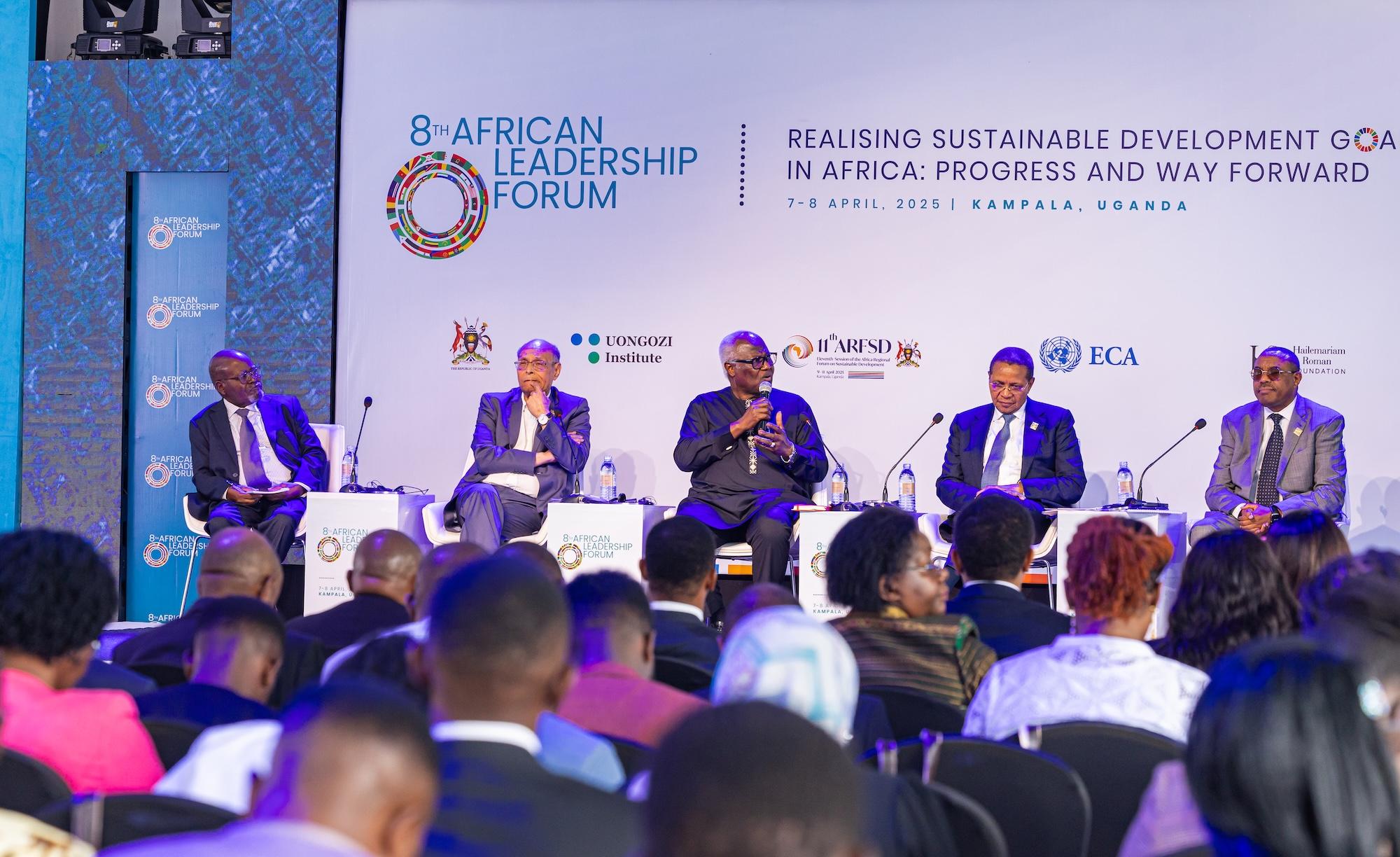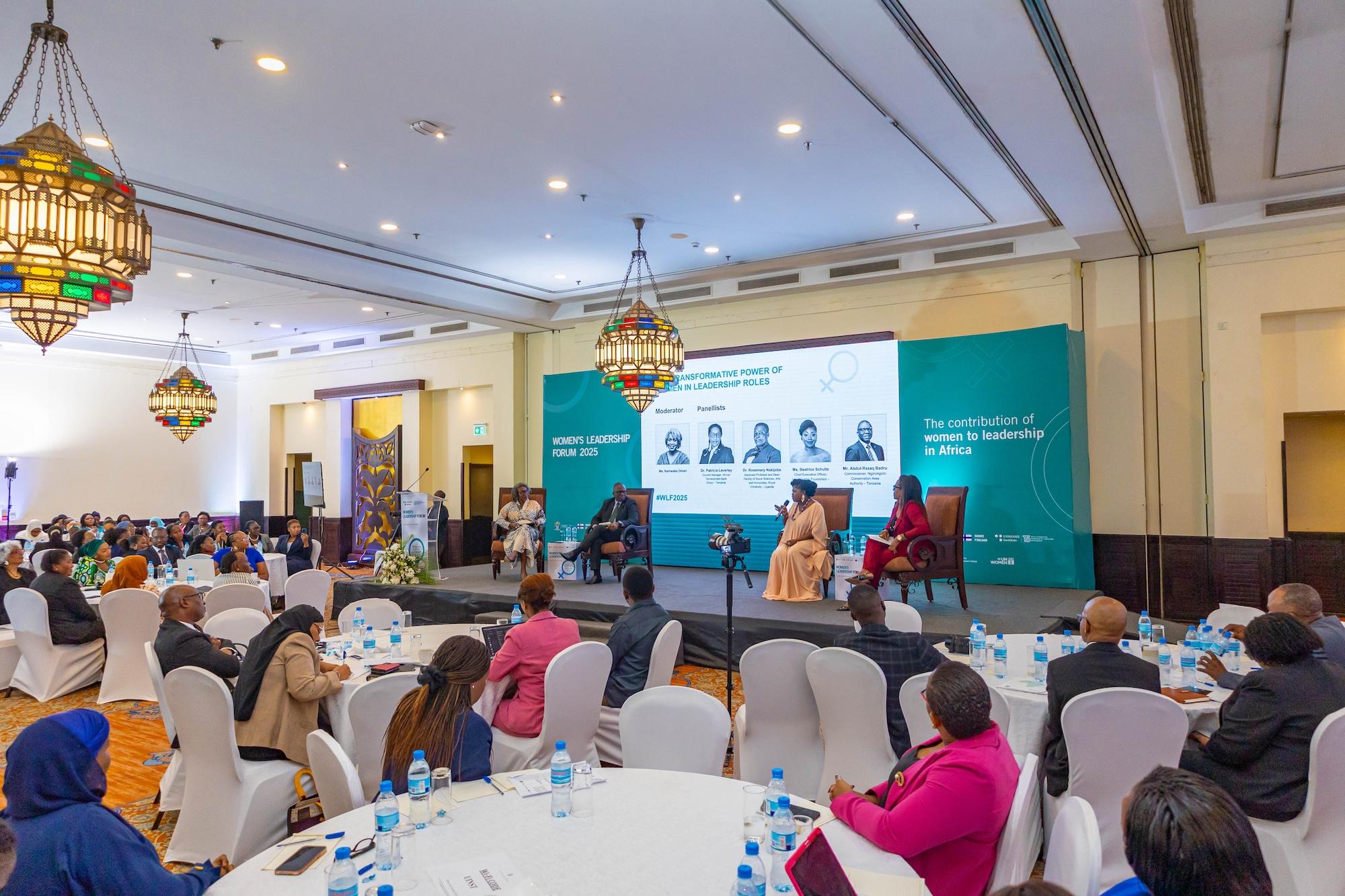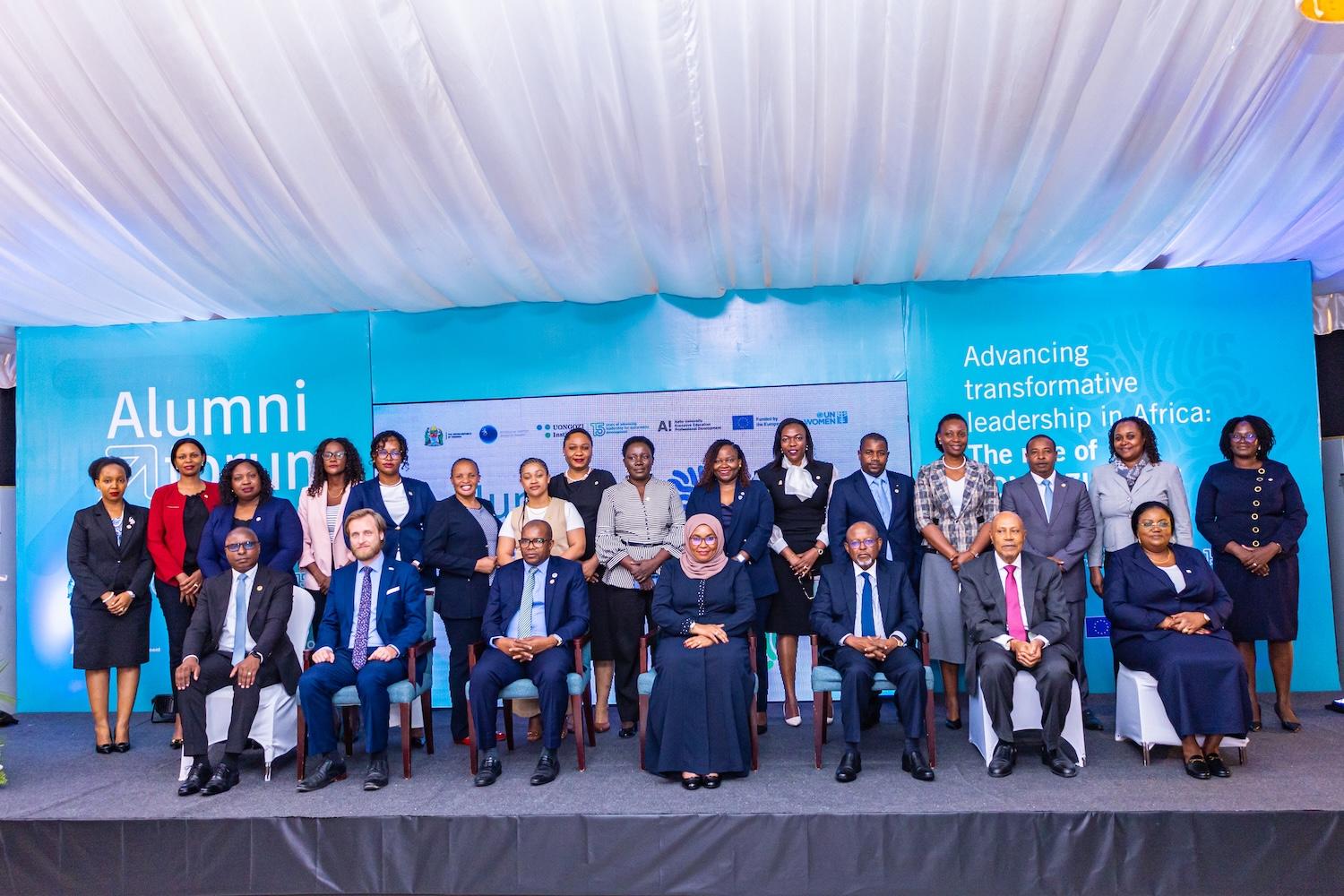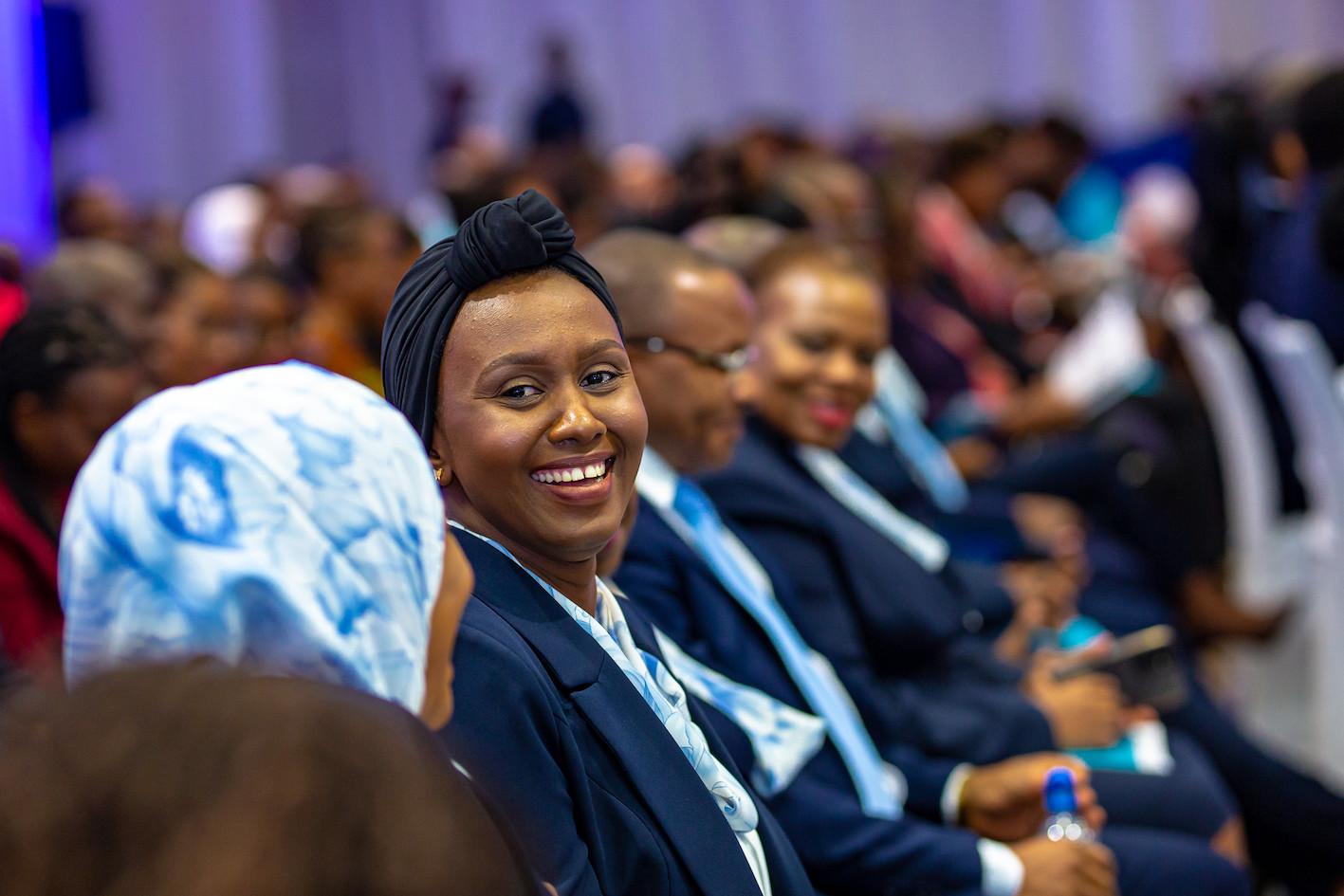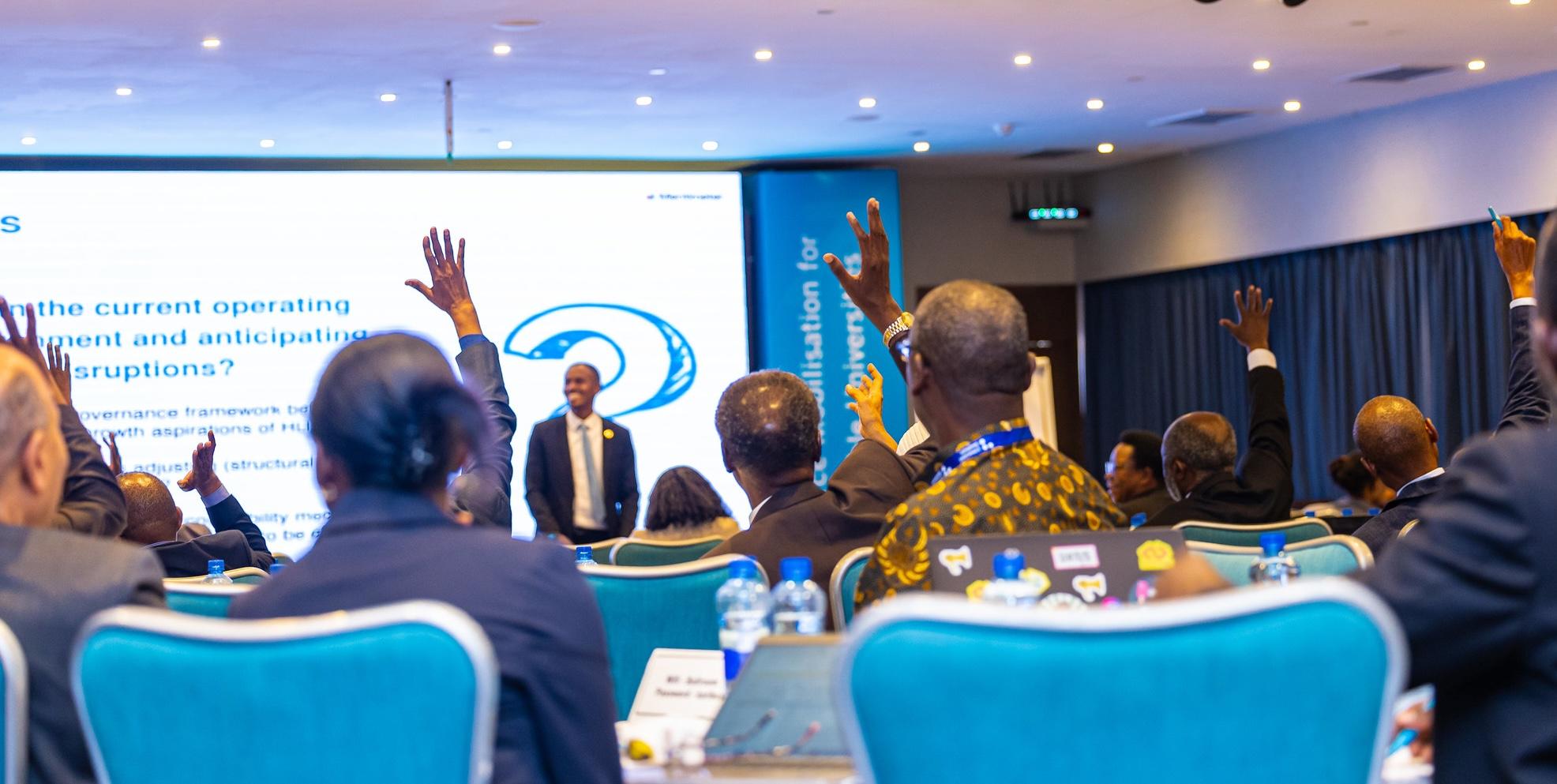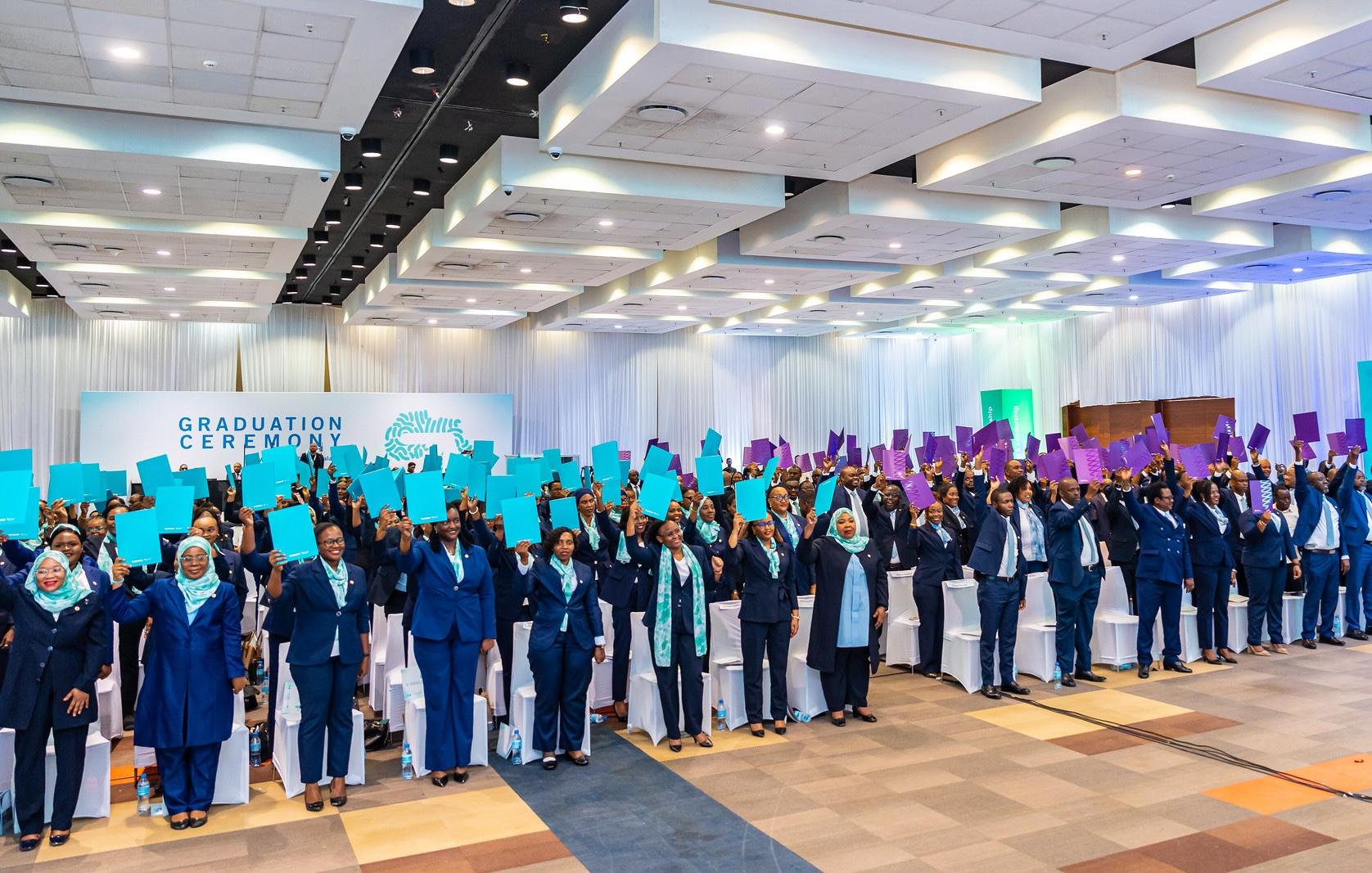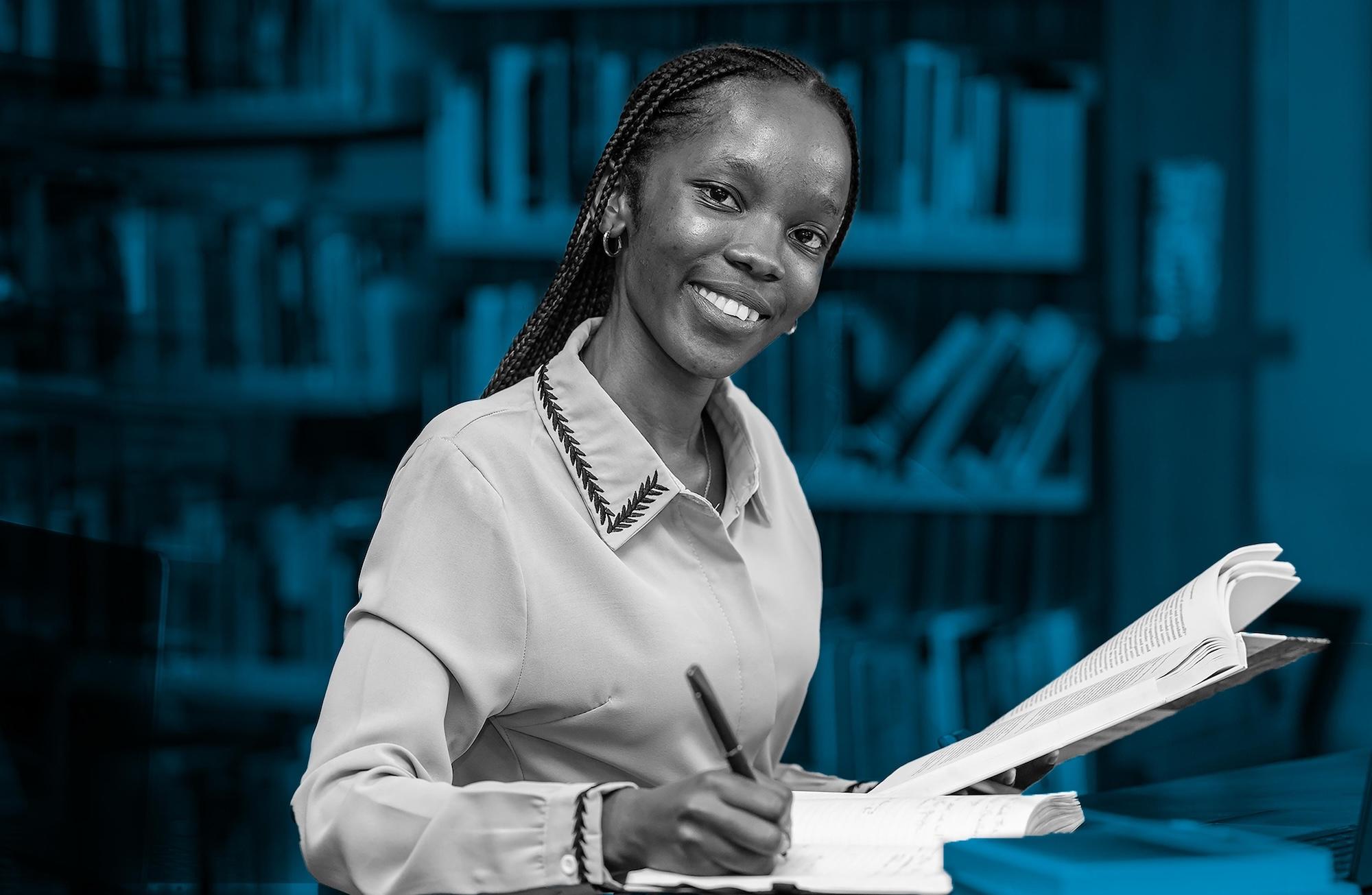Adopted in 2015, the Sustainable Development Goals (SDGs) represent an ambitious set of targets for global development stretching across economic growth, social inclusion, and environmental protection.
In Africa, the SDGs are closely aligned with the African Union’s Agenda 2063, together with other regional and national development agendas. The continent has moved forward on some fronts, such as in poverty reduction, education, and clean water and sanitation. The pursuit of economic prosperity and gender equality has also made notable strides. Despite this progress, Africa still faces daunting of challenges including from the unprecedented COVID-19 pandemic, regional and international conflicts, rising inflation and the cost-of-living crisis, environmental and economic distress, and natural disasters. Some, if not all, of these crises are entwined through various physical, economic and social strands, each fuelling the other’s intensities. For example, according to a report by the African Development Bank[1], Africa suffered its worst recession in more than 50 years in 2020 due to the COVID-19 pandemic, as its GDP declined by 2.1 percent.
To gather insights from industry thought leaders on how to accelerate the implementation of SDGs on the content, H.E. Dr. Jakaya Mrisho Kikwete, ALF Patron and fourth President of the United Republic of Tanzania, and H.E. Hailemariam Dessalegn Boshe, former Prime Minister of the Federal Democratic Republic of Ethiopia, convened the 8th African Leadership Forum (ALF) in Kampala, Uganda, from 7 – 8 April 2025.
The event, themed “Realising sustainable development goals in Africa: progress and way forward”, was officiated by H.E. Gen. Yoweri Kaguta Museveni, President of the Republic of Uganda.
The delegates of the forum included H.E. Dr. Mohamed Moncef Marzouki, Former President of the Republic of Tunisia; H.E. Dr. Ernest Bai Koroma, Former President of the Republic of Sierra Leone; Rt. Hon. Robinah Nabbanja, Prime Minister of the Republic of Uganda and Leader of Government Business in Parliament; H.E. Gilbert Balibaseka Bukenya; Former Vice President of Uganda; Rt. Hon. Sam Kuteesa; Former Minister for Foreign Affairs for the Republic of Uganda; Rt. Hon. Ruhakana Rugunda, Former Prime Minister of the Republic of Uganda; Rt. Hon. Amama Mbabazi; Former Prime Minister of the Republic of Uganda; Dr. Claver Gatete, Executive Secretary of United Nations Economic Commission for Africa (UNECA); and Dr. Antonio Pedro, Deputy Executive Secretary of UNECA. Other delegates are distinguished leaders in government, business, academia and civil society from all parts of the continent.
The forum featured a plenary session followed by four closed thematic sessions: (i) poverty eradication and economic growth, (ii) health and well-being, (iii) education and skills development, and (iv) environmental sustainability and climate action. The keynote presentation was delivered by Mr. Mafa Chipeta, Former FAO representative to Ethiopia, the African Union and UNECA, and FAO Subregional Coordinator for Eastern Africa.
During his speech, President Museveni stated that Africa cannot achieve sustainable development unless it undergoes a deliberate process of transformation, both economically and ideologically. He said:
“This theme of sustainable development has been around for long. But our question has always been, how do you sustainably remain an infant? A baby must grow. At some stage, you must undergo transformation, just like in biology, where a caterpillar turns into a butterfly.”
He underscored the importance of expanding regional markets, observing Africa’s continuity of exporting raw materials. He said:
“When you export raw coffee, you get USD 2.5 per kilogram. But when someone adds value—roasts, grinds, and packages it—they earn up to $40. So in every kilogram, Africa donates over USD 20 to the world.”
He referred to the fact that Uganda’s milk production reaches 5.3 billion litres annually, yet the consumption is limited to just 200 million litres. He said the continent needs bigger markets and infrastructure that includes not only roads but also affordable transport solutions such as railways and waterways.
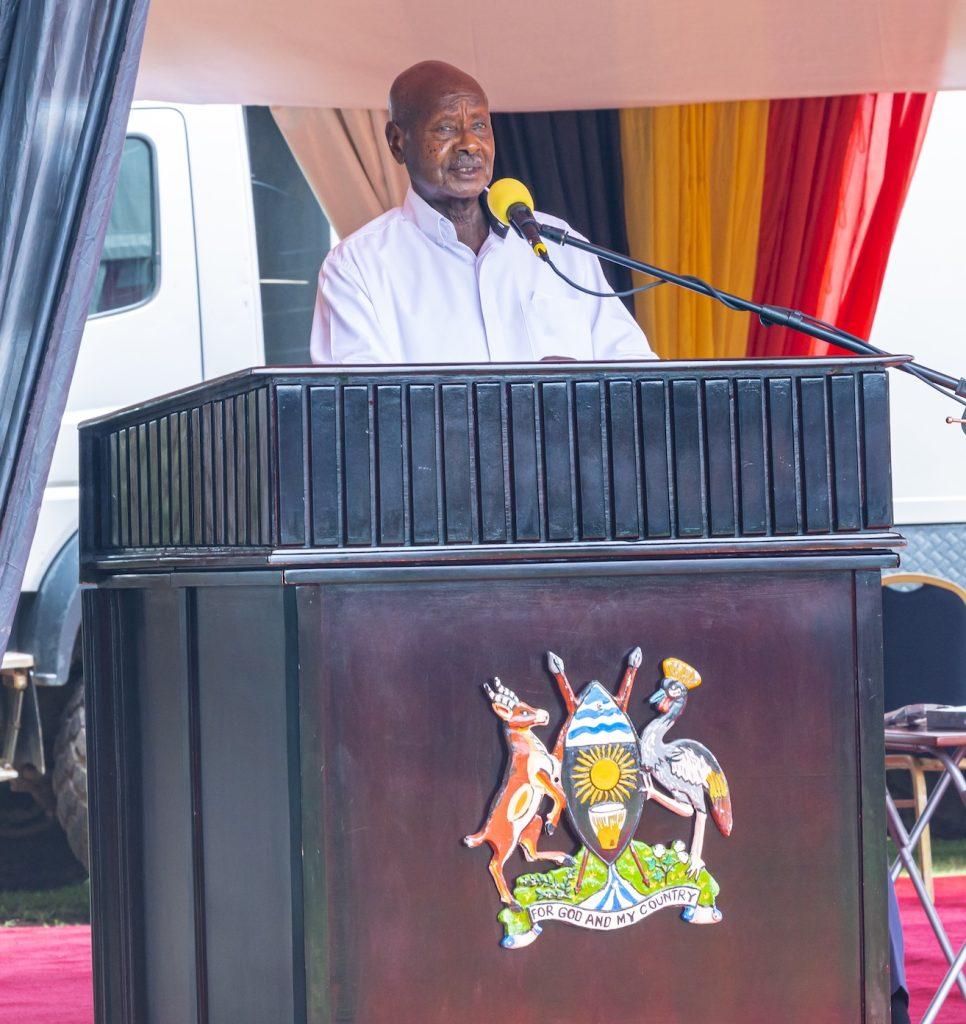
On his part, Former President Kikwete thanked President Museveni for the warm reception and gracious hospitality accorded to the delegates since arriving in the beautiful and historic city of Kampala, and for allocating time from his busy schedule to personally attend the meeting.
Continuing, Former President Kikwete acknowledged the efforts being made by African governments, farmers, healthcare workers, entrepreneurs, and young changemakers to bring the SDGs to life in their nations and communities. However, with only five years until 2030, the urgency of action cannot be overstated. He said:
“We must move beyond business-as-usual. Now is the time for bold reforms, effective resource mobilisation, high-level political will, and enhanced accountability. Only through this collective resolve can we turn ambition into action and vision into impact.”
Former Prime Minister Boshe called for strong, accountable institutions:
“We have to strengthen governance and institutions. We need a transparent, accountable, and inclusive governance structure that promotes the rule of law and combats corruption and illicit financial flows.”
The ALF 2025 was organised as a key event preceding the UNECA’s Africa Regional Forum on Sustainable Development, which was held in the same venue from 9 – 11 April 2025. The organisation of the forum was managed by UONGOZI Institute.
To learn more about ALF, visit this page.
Download the event booklet in English here.
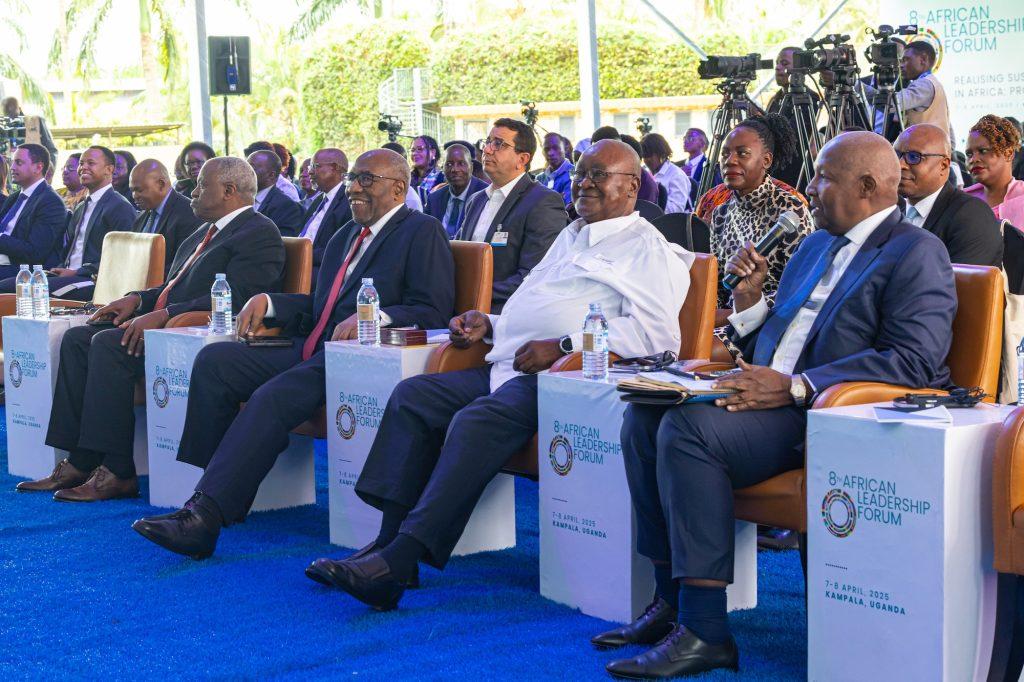
[1] African Development Bank Group. (2021). Africa’s Growth Performance and Outlook amid the COVID-19 Pandemic. https://www.afdb.org/sites/default/files/2021/03/09/aeo_2021_-_chap1_-_en.pdf
